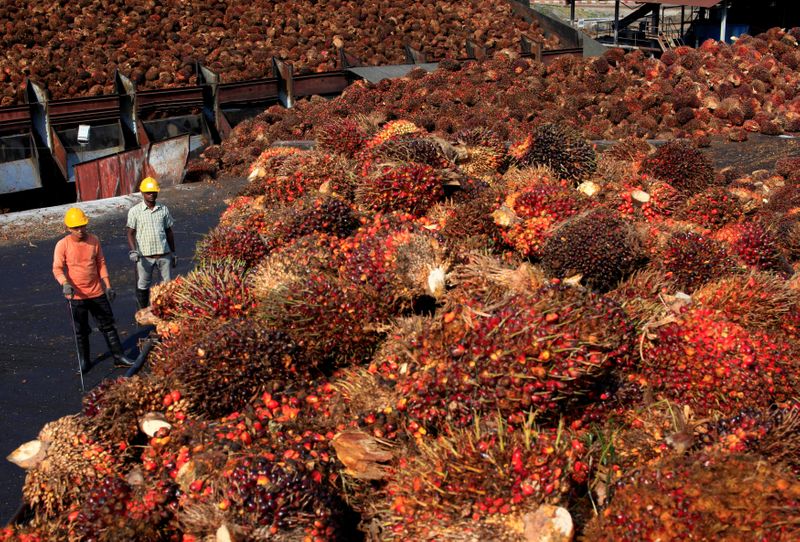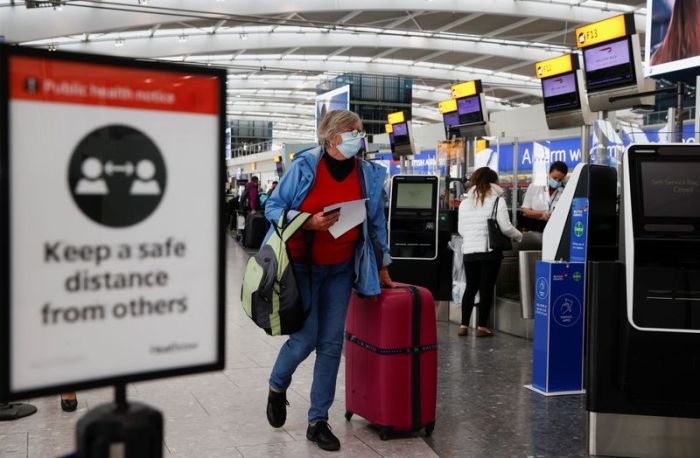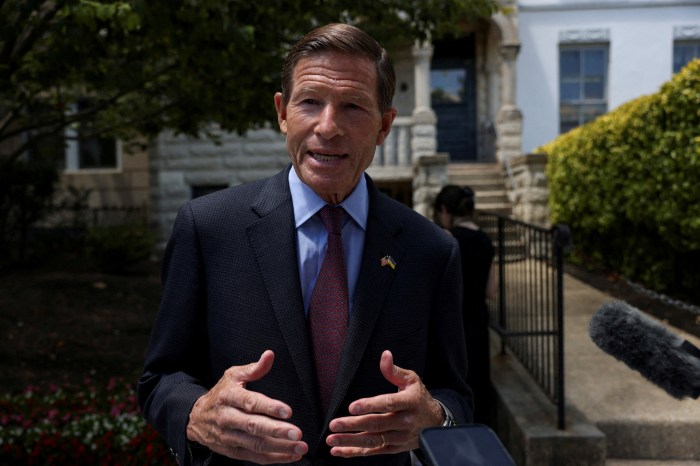KUALA LUMPUR (Reuters) – Malaysian palm oil company IOI Corporation on Friday said it would assist in any investigation after the U.S. Customs and Border Protection (CBP) said in a letter to an activist that it was probing the firm over forced labour allegations.
Migrant rights activist Andy Hall told Reuters he had petitioned the CBP over concerns of forced labour indications in IOI’s operations, as alleged by the workers.
Hall confirmed the CBP responded in May with a letter saying they have reviewed his petition and found it sufficient to open an investigation. Reuters has seen the letter from CBP to Hall.
The CBP said it was its policy to decline comment on whether specific entities are under investigation.
The concerns relate to payment of deposits by workers, reimbursement of workers’ recruitment fees, and a need for an ethical, low-cost recruitment process for foreign workers, Hall said.
IOI in a statement said it had been made aware of the letter but had not been notified directly by the CBP.
“Nevertheless, IOI will take the proactive step in contacting CBP to confirm the existence of an investigation and offer our cooperation in providing explanation and documents to assist,” IOI said on its website.
“IOI is well aware of the importance of our workers’ rights and working conditions,” IOI added.
Hall said he and senior IOI management had already had several beneficial and constructive engagements.
“I crucially continue to engage IOI directly on specific issues of concern relating to forced labour risks in its operations,” Hall said.
IOI is the third palm oil giant in Malaysia to face U.S. scrutiny over its treatment of migrant workers, as the industry seeks to defend its image after mounting allegations of human rights abuses.
The CBP last year banned imports from FGV Holdings and Sime Darby Plantations over forced labour allegations, which had prompted some global buyers to drop them from supply chains.
Both companies have appointed independent auditors to evaluate their labour practices and said they would engage with the CBP to address the concerns raised.
Malaysia, the world’s second-largest palm oil producer and exporter, is heavily reliant on migrants from Indonesia, India and Bangladesh to produce the edible oil found in everything from food to cosmetics to biodiesel.
(Reporting by Mei Mei Chu; Editing by Ed Davies, Martin Petty)

























